Is an Indigenous voice to parliament won by fraud worth having?
The great shame at the centre of this campaign is that high-profile Yes lawyers closed ranks long ago. They refused to have their views challenged.
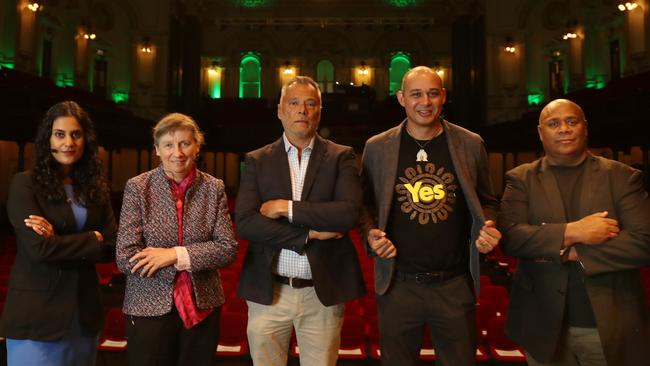
The finer details of King’s speech make for a great story. One of his advisers, Wyatt Walker, remonstrated with him the night before the March on Washington not to deploy his “I have a dream” theme again, as he had made mention of it at least three times before.
By the time King retired to bed at 4am the next day, the final version did not include this famous refrain. The sound system that day was sabotaged just before the event began, with attorney-general Robert Kennedy ordering Army Corp engineers to fix it.
The civil rights leader, 16th and last on the list of speakers, was told he should keep his address on the steps of the Lincoln Memorial to an estimated 250,000 people who came to Washington to 10 minutes or less. If he spoke longer, his microphone would be turned off. History records that Walker would say: “Aw, shit. He’s using the dream.”
King hoped his address that day would be, in his words, “like the Gettysburg Address”. It was that – and more. Universally remembered is the single, resounding principle to King’s dream. The promise of equality under the law in the US Constitution was often ignored and King rightly demanded that it apply to everyone, regardless of skin colour. King didn’t ask for any special rights, only equal rights for every individual.
Noel Pearson was, once upon a time, our Martin Luther King. In 2012 Pearson argued: “As long as the allowance of racial discrimination remains in our Constitution, it continues, in both subtle and unsubtle ways, to affect our relationships with each other. Though it has historically hurt my people more than others, racial categorisations dehumanise us all. It dehumanises us because we are each individuals, and we should be judged as individuals. We should be rewarded on our merits and assisted in our needs. Race should not matter.”
Similarly, Malcolm Turnbull got it right when he said about the voice that “our democracy is built on the foundation of all Australian citizens having equal civic rights. A constitutionally enshrined additional representative assembly for which only Indigenous Australian could vote for or serve in is inconsistent with this fundamental principle.”
Is it the case that for Turnbull, as with Pearson, fundamental principles come and go? It is for them to explain why something once described as a fundamental principle can now be discarded.
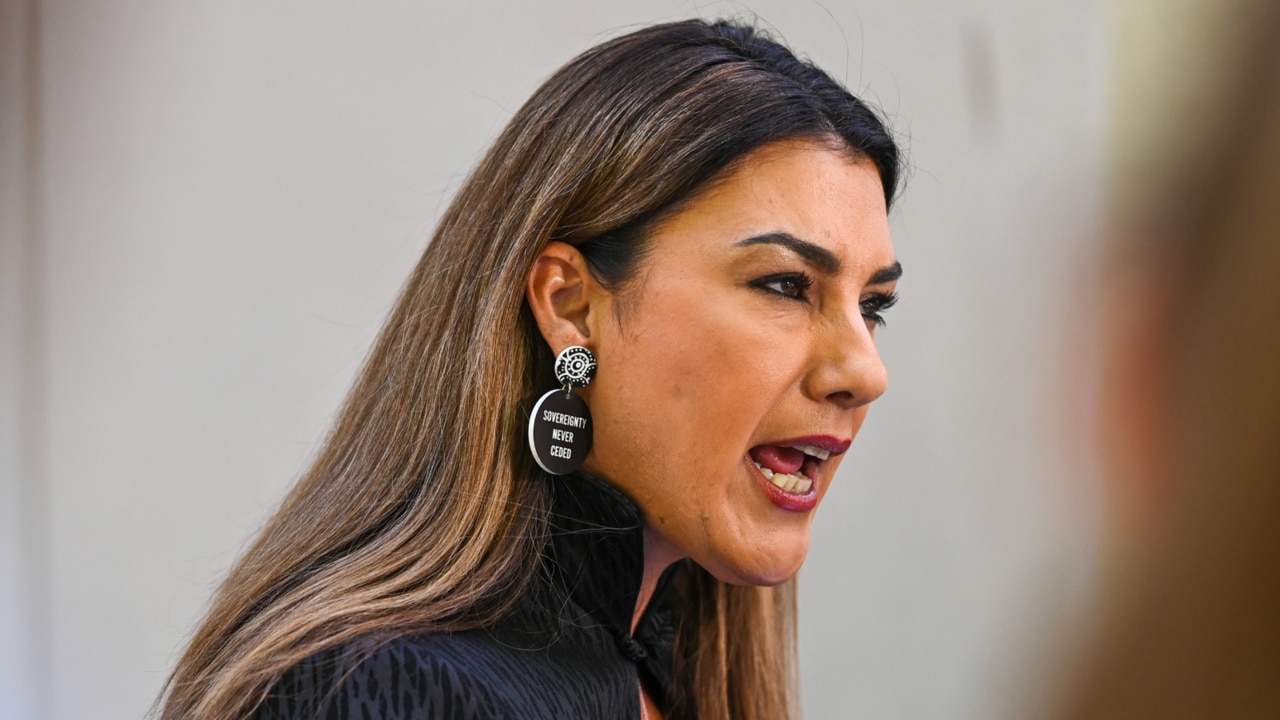
This embarrassment also explains why the Constitutional Expert Group advising the government on legal issues concerning the voice has gone to such extraordinary lengths to conclude the voice referendum, if successful, gives no special rights to any individual.
They know Australians bristle at the idea of a two-tier democracy with different democratic rights for different people. They understand this issue alone is enough to doom the voice.
Last December, the Constitutional Expert Group decided to face the challenge head-on – even if it meant defending the indefensible. Outlandishly, it issued an opinion saying the voice proposal “does not confer ‘rights’ much less ‘special rights’ on Aboriginal or Torres Strait Islander peoples”. Since then, this tendentious opinion has been seized on by RMIT’s erroneously labelled FactLab to justify Facebook shutting down ads by Advance Australia saying the voice would afford special rights.
Who did FactLab rely on to justify censoring political speech at the start of a referendum push? Professors Anne Twomey and Gabrielle Appleby. Twomey is on the expert group and Appleby is a prominent voice activist. Well done, RMIT, your independence of mind and devotion to free speech are remarkable.
This issue is so critical that Twomey, among other legal academics, has been forced to double down on her argument including on the Constitutional Clarion channel available on YouTube. A quick look at her justification leaves one marvelling at how even a lawyer could run this argument with a straight face.
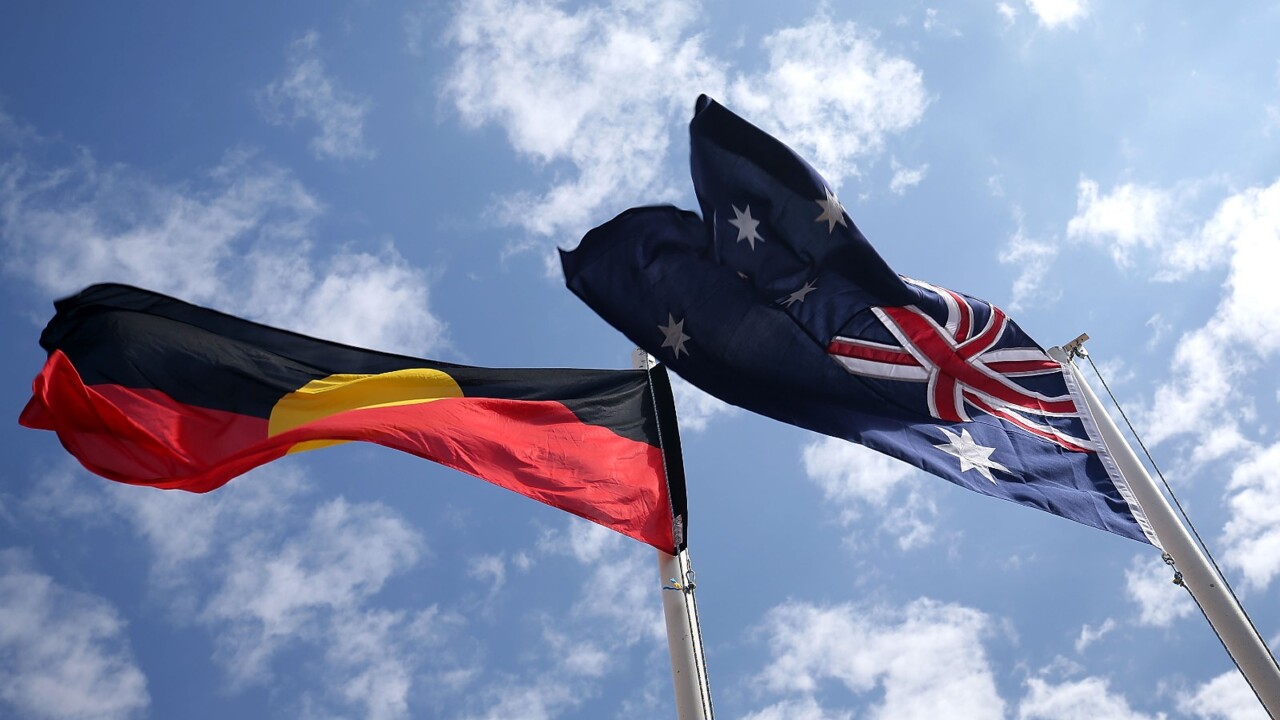
The crux of Twomey’s argument is that the proposed amendment gives special rights to a body, namely the voice, but not to any individual. The text of the amendment does not, she says, give rights to vote for the voice to any individual. Parliament will determine who votes for or appoints members of the voice, and this is not a special right created by the amendment as parliament can already legislate for membership of advisory bodies (as it did with the Aboriginal and Torres Strait Islander Commission).
This argument rests on the rickety foundation that giving rights to a body is not giving rights to the individuals the body represents. So, if the Constitution conferred special rights on a club whose membership was limited to people with red hair, or to people of British descent, it would not be offering any special rights or advantages to those groups.
I call BS. Meantime, and more important, middle Australia is not buying it. It doesn’t go close to satisfying the pub test – it’s being laughed out of pubs before it can get to the bar.
Poor Linda Burney has been given the job of selling this crock and so it’s not surprising she has come in for a great deal of criticism of late. Not up to the job, some have said. Not across the details of the voice, others say. The truth is that if the Indigenous Australians Minister has failed to sell the proposal to change the Constitution it is because she was given, in polite terms, a dud product to sell. And the manufacturers most to blame for this dodgy model are the legal activists led by the Constitutional Expert Group whose legal expertise has been hard to locate during the design, the production and the selling stages. Dancing on the heads of ever smaller pins to justify the unjustifiable hasn’t worked.
From the start, these lawyers – more than any other group at the centre of this campaign – have mischaracterised what is being proposed. Some have run another legally shaky argument that the constitutional right being proposed is little different to the implied freedom to political communication that each of us already has. The voice does not create special rights, they say. I call BS, again.
In fact, these are not of the same order; it’s like comparing a lion with a hat. The proposed voice is a positive, collective right based on race – meaning one group of people can demand something from others. The implied freedom to political communication is entirely different – it is an implied, negative freedom – meaning it is not a personal right, it is a limitation on the exercise on executive or legislative power. Every member of the community can avail themselves of this freedom, but only Indigenous people can avail themselves of constitutional rights vested in the voice.
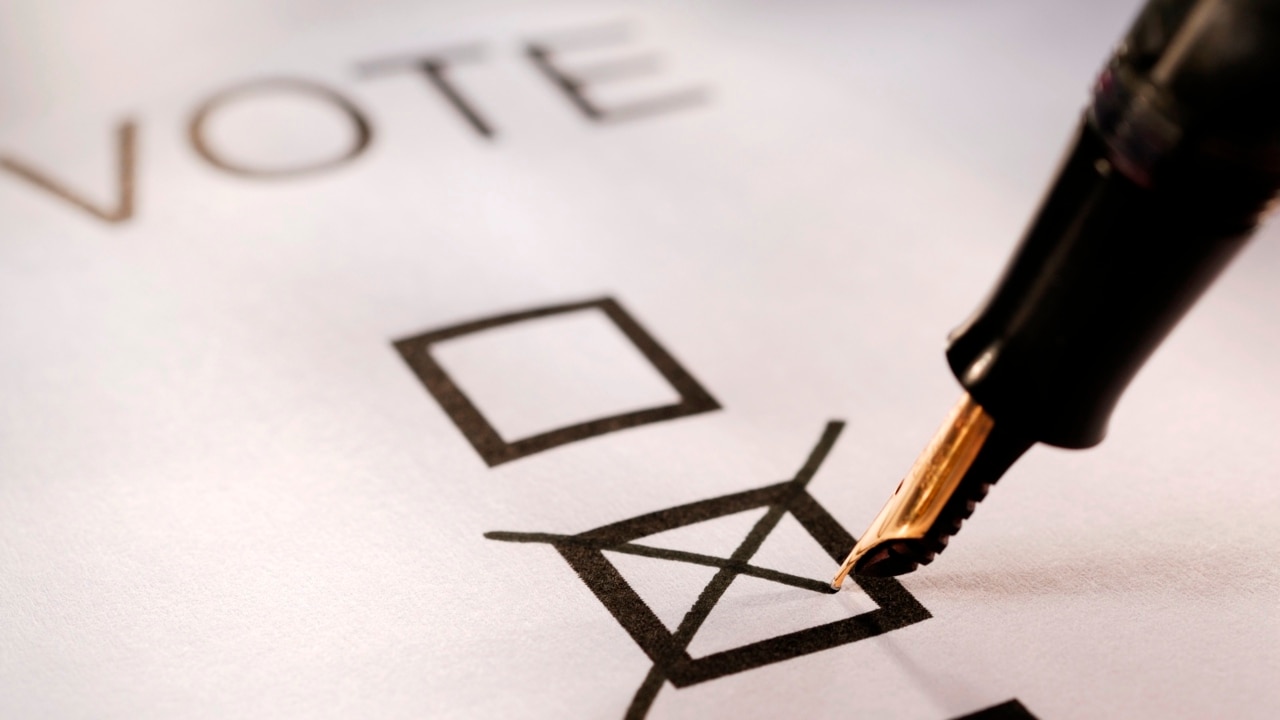
Many Australians, without a scintilla of legal training, understand we are inserting into our Constitution brand-new special rights given to a group of people simply because of their race. It is something entirely different to anything in the Constitution right now.
By placing this squarely in the Constitution, many Australians understand the High Court will be the ultimate determinant of those rights, not the parliament.
The great shame at the centre of this campaign is that these high-profile Yes lawyers closed ranks long ago. They refused to have their views challenged. As Twomey says in her YouTube video – we, the Constitutional Expert Group, “unanimously” agreed. How wonderful for them. Less wonderful is the result: in their echo chamber they unanimously agreed on a flawed model for the nation, without understanding just how flawed it is.
In more recent months, they continued to dismiss thoughtful and prudent concerns raised by barristers and silks such as Louise Clegg, David McClure and the late David Jackson, and former judges Ian Callinan, Terence Cole, Roger Gyles, Nicholas Hasluck and professors Nicholas Aroney and Peter Gerangelos. Something far better might have emerged from a more open and legally robust process.
With just a few months to go before a vote, we are now witnessing, in full glare, their parochialism: they have sent out quiet missives to their own side not to debate people with different views to theirs. It is that bad. If the lawyers and activists had a terrific product, they wouldn’t need to make threats, or call people racist, or avoid debates. They could appeal to logic and fairness.
Instead, even the government’s referendum question – asking voters if they approve of “a proposed law to alter the Constitution to recognise the First Peoples of Australia by establishing an Aboriginal and Torres Strait Islander voice” – is disingenuous.
Where are the careful and honest legal brokers on the Yes side demanding that this constitutional change be won fairly and squarely with clear words at the ballot box? Lawyers have bad enough reputations. This debate has not improved them.
While one can sympathise with poor Burney, who is forced to sell such a defective product, there is a bigger point here among all these attempts to deceive us into voting for the voice. Is a voice won by fraud worth having?


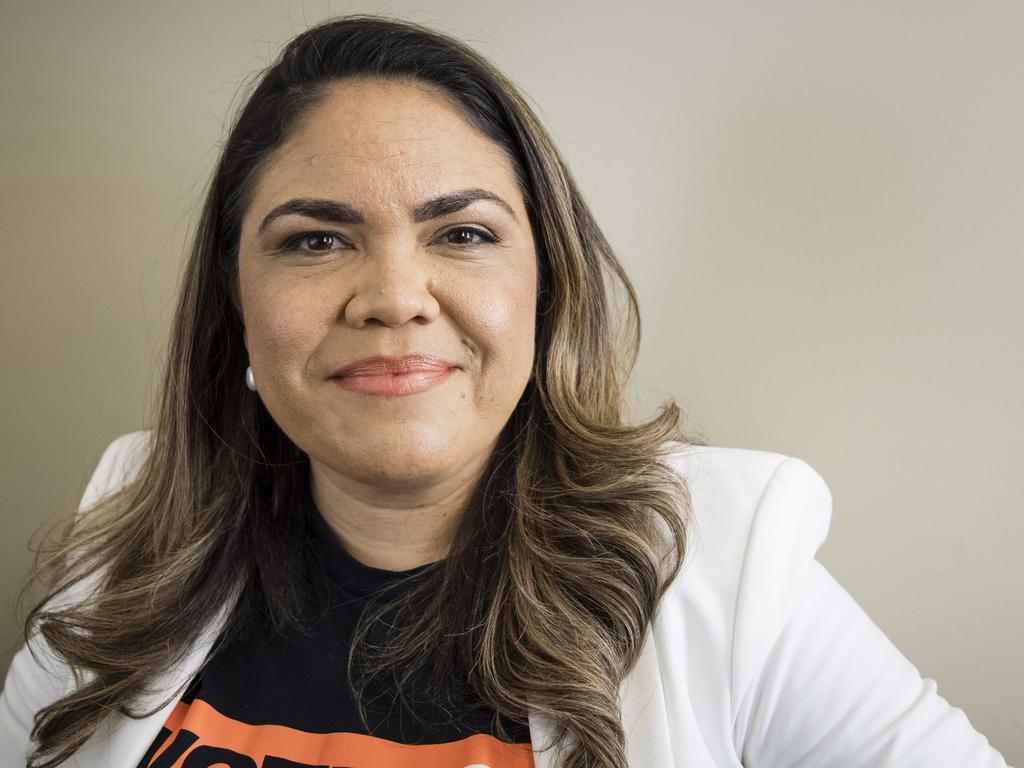
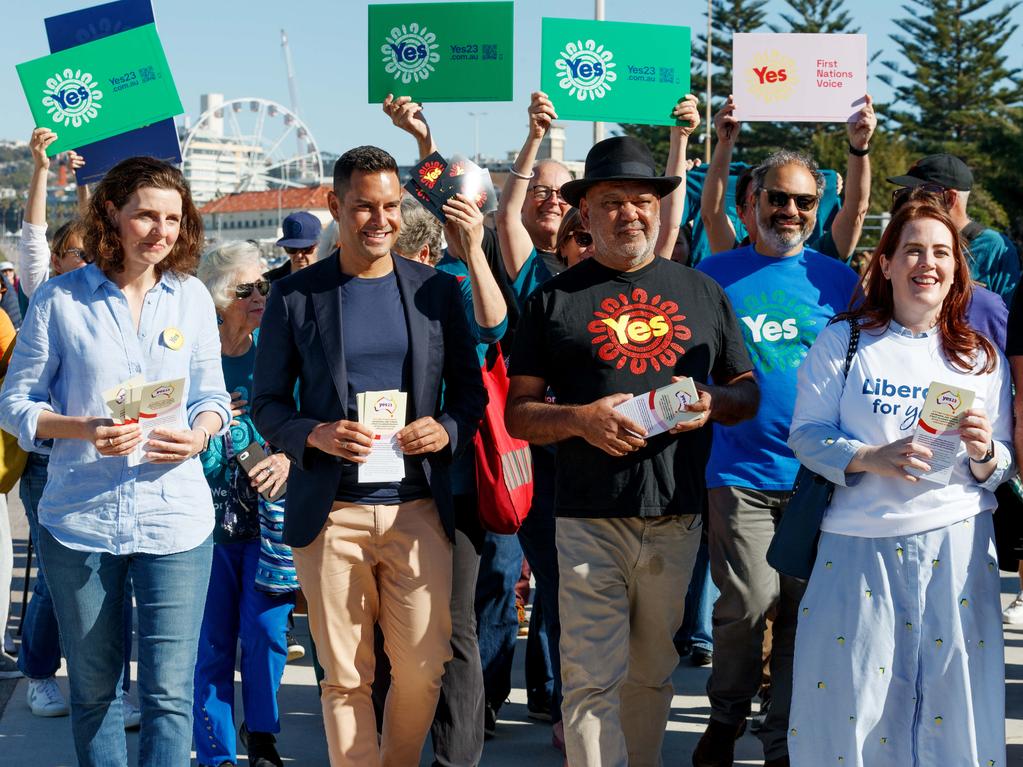
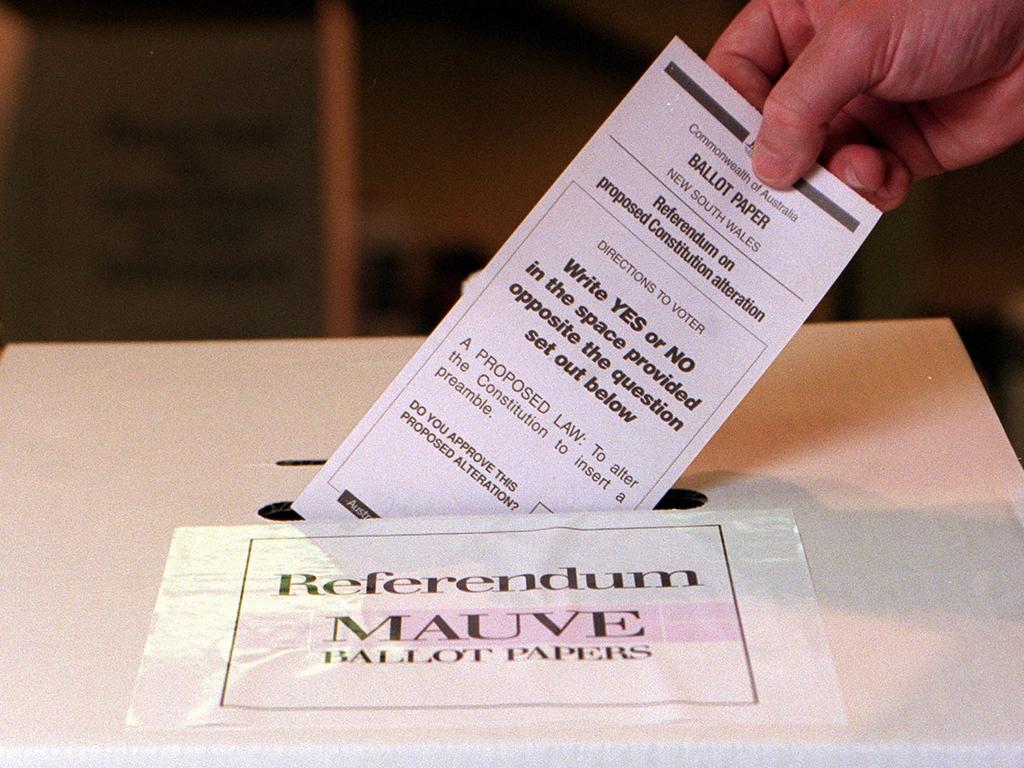
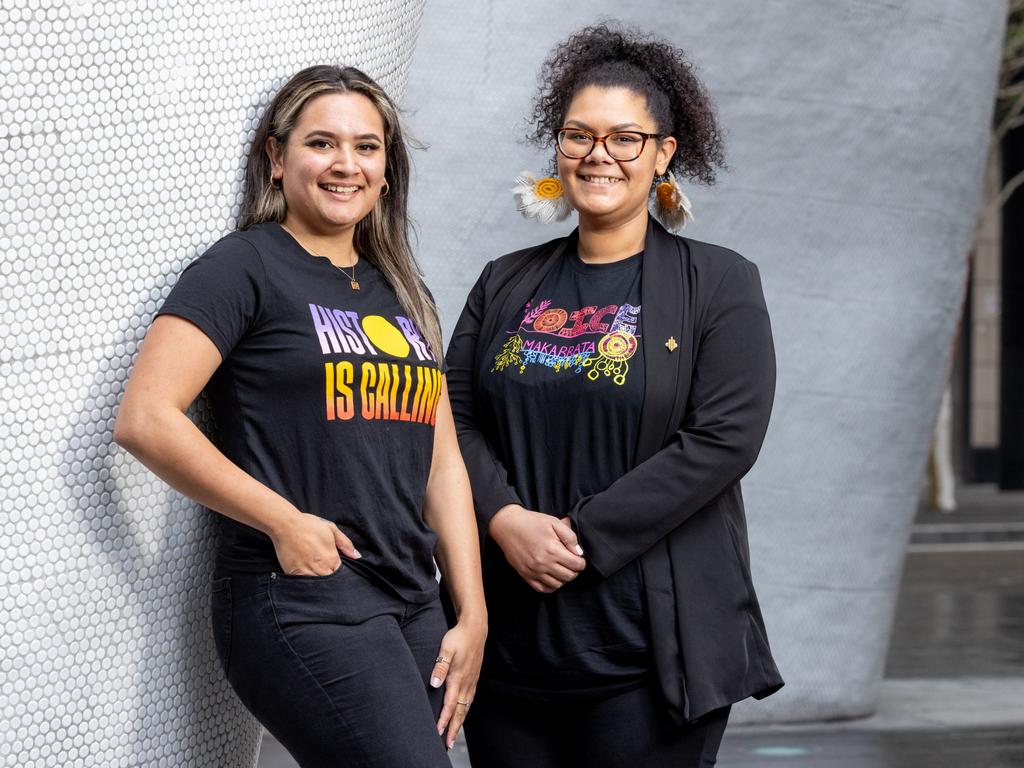


Next Monday is the 60th anniversary of one of the most celebrated and influential political speeches of Western democracy, Martin Luther King’s “I have a dream” speech. King’s dream was “that my four little children will one day live in a nation where they will not be judged by the colour of their skin but by the content of their character”.